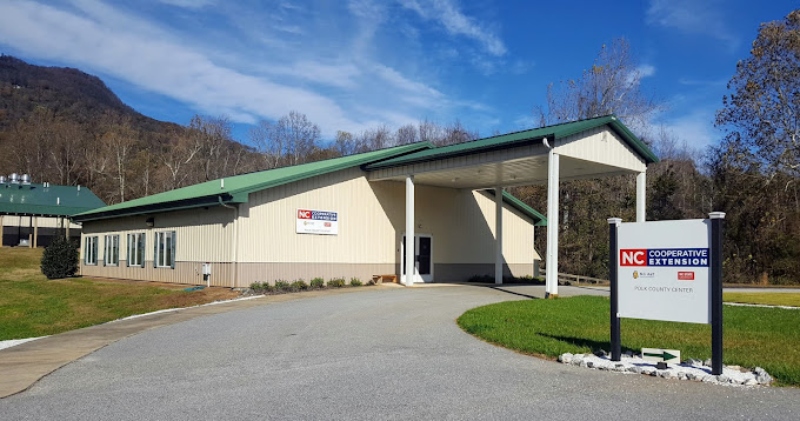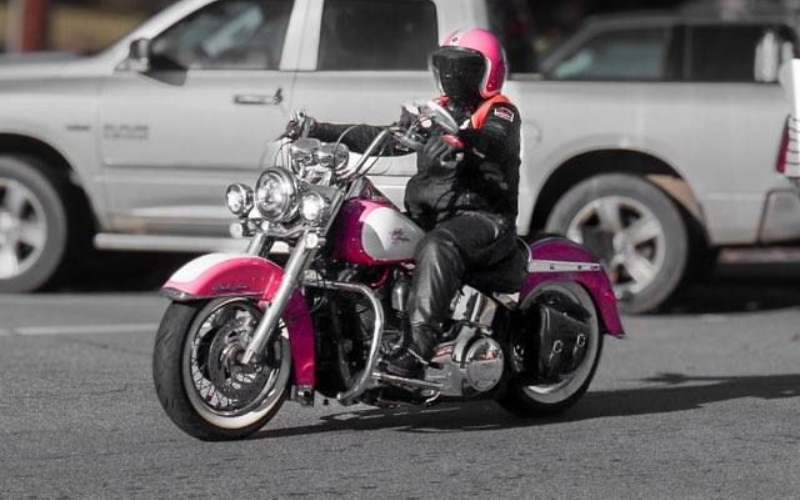Area horse lovers leap into action
Published 12:14 pm Tuesday, September 12, 2017
TRYON – The word went out on Friday and horse lovers throughout the area stepped up to offer help for hurricane refugees. In addition to the Foothills Equestrian Nature Center (FENCE), the Tryon International Equestrian Center (TIEC) and Harmon Field, approximately 70 private farms offered stalls and housing for evacuees.
Libbie Johnson, editor of the online newsletter This Week In Tryon Horse Country, said the last she heard, FENCE had 171 horses that fled the hurricane and Harmon Field was housing approximately 10.
In order to help the evacuees, local businesses stepped up as well. The Hay Rack in Landrum opened several hours on Sunday so the travelers could get any supplies they needed.
Trending
Hay Rack manager, Connie Downs said on Wednesday and Thursday they delivered 2,004 bags of shavings for refugees. “They [the evacuees] were so tired,” she said.
The Farm House also did what they could to support the effort, taking bottled water, horse treats and granola bars to the refugees at FENCE and Harmon Field. Farm House owner Noreen Cothran said she has heard many comments from local customers applauding FENCE and Harmon Field for offering stalls at no cost to the evacuees.
“They deserve a big thank you from everyone in the area for opening their hearts,” Cothran said.
Several states throughout the Southeast also did what they could to help evacuees get through the red tape of moving horses from one state to another.
South Carolina State Veterinarian Dr. Boyd Parr said the states of North and South Carolina, Florida, Alabama, Georgia and Tennessee all entered into an agreement to waive some of the requirements for transporting horses and other livestock.
Normally horses and other livestock are required to stop at the Agriculture Inspection Station, just inside the Florida border, to show a current Certificate of Veterinary Inspection (CVI; also called health certificates) and a negative coggins test (a blood test used to detect the presence of Equine Infectious Anemia).
Trending
A post on the Clemson.edu website stated, “Due to potential emergency conditions that appear likely due to Hurricane Irma, South Carolina will make temporary exceptions to the regulations governing the importation and exportation of animals coming into and leaving South Carolina,” Parr said in issuing the order. “All animals moving under these exceptions are expected to return to their state of origin no later than Sept. 30 unless the order is extended or revised.”
The post continued stating, “Horses are a major concern, Parr said. The order makes specific allowances for horse owners, especially with regard to the Coggins test . . .”
According to Parr the state waived the requirements for a CVI providing the horse had a current coggins test (within one year). The state also allowed horses without a current coggins to enter South Carolina, provided the state they were returning to would allow them to do so after the evacuation was lifted.
Boyd commented that he heard the Tryon area, including TIEC, was taking large numbers of horses. He also knew some South Carolina horses were going as far as West Virginia and some Florida horses were headed for Ohio.
Boyd said the authorities were encouraged by the number of horse owners who were prepared, heeded warnings and evacuated early. “If the horses don’t evacuate ahead of the people they can get stuck on the road,” he said.
While evacuation is stressful for everyone, it can be especially nerve-wracking to have your horse get sick a long way from home. Anita Williamson with Polk Equine Emergency Rescue said late Friday night they did have to transport an evacuee to Tryon Equine Hospital to be treated for colic (a stomach ache which, for horses, can be life-threatening). On Monday, Williamson said she spoke with Tryon Equine and the horse was fine and on its way home to the Low Country.
Johnson said she and the volunteers who organized the effort to find stabling and housing will use the information they collected to create a database, as a resource for future needs. She also posted in a special edition of This Week in Tryon Horse Country, several tips for being prepared for bad weather and a potential power outage. She said one of the biggest concerns is horses (and other livestock) not having enough water.
“People can be sure stock tanks (water troughs) and buckets are all full,” she said adding they the might want to secure loose items that could blow around into barns and stalls.
“I think these storms are going to be more frequent,” she said. “If you have a plan and protocol in place where everybody knows what to do, that’s better than re-inventing the wheel every time.”
Johnson said the folks at TIEC, FENCE and Harmon Field have worked non-stop for days to be sure they could accommodate the evacuees. “We need to thank the people at TIEC, Lisa Miller and Lewis Pack at Harmon Field and Tracie Hanson at FENCE along with all the volunteers that spoke up to help.”





